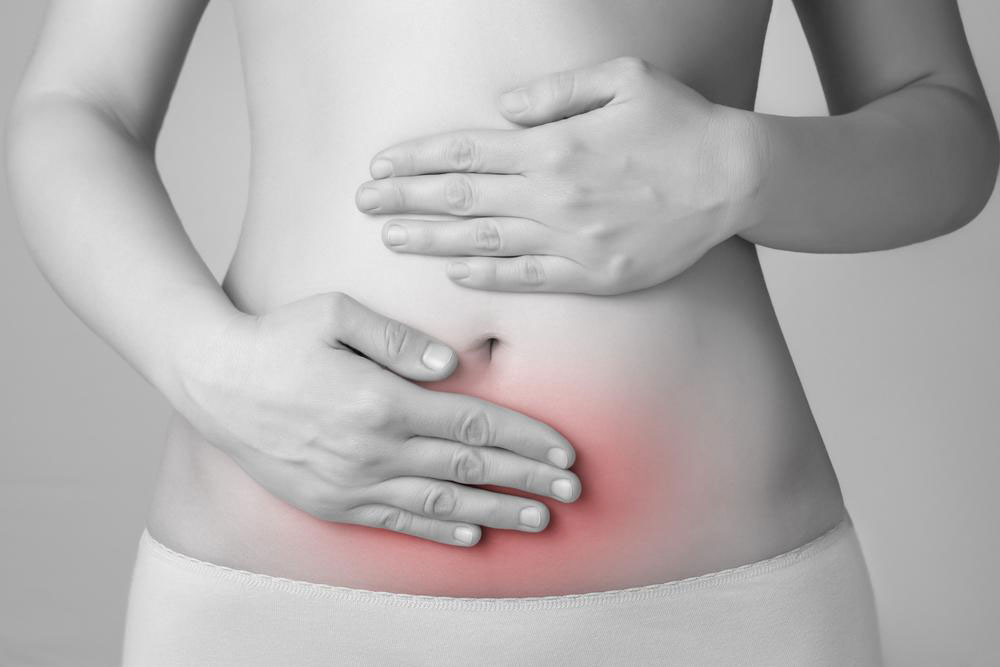Comprehensive Guide to Recognizing Early Pregnancy Signs and Symptoms
This comprehensive guide explores the early indications of pregnancy, including common signs like breast tenderness, fatigue, nausea, and spotting. Recognizing these symptoms early helps women confirm pregnancy, seek timely medical care, and prepare for a transformative nine-month journey. A detailed overview of early pregnancy experiences offers support and guidance for expectant mothers, making this an essential resource for those anticipating pregnancy or seeking to understand its initial signs.

Embarking on the journey of pregnancy is a remarkable and life-changing experience, filled with anticipation, joy, and a plethora of physical and emotional transformations. Knowing the early indicators of pregnancy can help women confirm their suspicions sooner and prepare emotionally and physically for the upcoming months. Recognizing the subtle signs that suggest conception has occurred is crucial, especially in the initial days after conception. Understanding these early symptoms not only aids in timely confirmation but also enhances the excitement as you prepare to welcome a new life into the world. This comprehensive guide delves into the common early pregnancy signs, their underlying causes, and tips for managing these initial changes.
Understanding the Early Signs of Pregnancy
Most women are unaware of their pregnancy during the first week or two following conception, as symptoms may be mild or resemble premenstrual symptoms. However, specific subtle clues can alert you to the possibility of pregnancy. Recognizing these signs early can be empowering and help in seeking medical confirmation and initiating prenatal care promptly.
1. Breast Changes and Tenderness
One of the earliest indicators of pregnancy is noticeable changes in the breasts. Many women experience swelling, tenderness, or a feeling of fullness in the breasts shortly after conception. These changes occur due to hormonal fluctuations, primarily the increase in estrogen and progesterone, which prepare the breasts for potential breastfeeding. The sensation might be similar to premenstrual tenderness but often more pronounced. Wearing a supportive bra can help alleviate discomfort during this period.
2. Unusual Fatigue and Tiredness
Persistent fatigue is a common early pregnancy symptom. Hormonal changes, especially rising levels of human chorionic gonadotropin (hCG), contribute to feelings of extreme tiredness. Many women find themselves sleeping longer or feeling exhausted even after adequate rest. This fatigue is often more intense than usual tiredness and can occur suddenly, impacting daily activities. Proper rest, balanced nutrition, and gentle exercise may help manage this symptom.
3. Light Spotting and Cramping
Light spotting, often called implantation bleeding, may occur when the fertilized egg attaches to the uterine lining. This typically happens around 6 to 12 days after conception and results in a small amount of pink or brown discharge. Accompanying mild cramping is also common during this period. While light spotting is generally harmless, it is essential to distinguish it from menstrual bleeding, which is usually heavier and more prolonged.
4. Nausea and Morning Sickness
Morning sickness, characterized by nausea and sometimes vomiting, is one of the most iconic early pregnancy symptoms. Although termed "morning" sickness, it can occur at any time of the day or night. It usually starts around the sixth week but may begin earlier. The cause is linked to hormonal fluctuations, particularly increased hCG levels. Maintaining a healthy diet, staying hydrated, and avoiding triggers can help alleviate discomfort.
5. Food Cravings and Aversions
A sudden desire for specific foods or repulsion towards previously enjoyed foods is prevalent in early pregnancy. These changes are driven by hormonal shifts affecting taste and smell sensitivities. Cravings may include sweet, salty, or savory foods, while aversions may involve strong smells or certain textures. Listening to your body and maintaining balanced nutrition is vital during this time.
6. Headaches and Dizziness
Hormonal surges can also lead to mild headaches or dizziness. Dehydration, fatigue, and nutritional deficiencies might exacerbate these symptoms. Using relaxation techniques, staying adequately hydrated, and ensuring proper nutrition can help manage discomfort. If headaches become severe or persistent, consulting a healthcare provider is recommended.
7. Digestive Changes and Constipation
Many women notice changes in digestion during early pregnancy, particularly constipation. Elevated progesterone levels slow down intestinal motility, leading to difficulty in bowel movements. Increasing fiber intake, staying hydrated, and engaging in moderate exercise can support digestive health during this phase.
Importance of Early Pregnancy Recognition
Recognizing early signs of pregnancy empowers women to confirm their condition sooner and seek prenatal care promptly. Early intervention is critical for fetal development, maternal health, and planning for the upcoming nine months. It also helps women prepare emotionally and physically for the transformations ahead.
When to Take a Pregnancy Test
While some signs can appear within the first week of conception, home pregnancy tests are most reliable after a missed period. Many modern tests can detect hCG levels as early as the first day of missed menstruation, but testing after a week of missed periods yields more accurate results. For early detection, consulting with a healthcare provider for blood tests is advisable.
Managing Early Pregnancy Symptoms
While early pregnancy symptoms are natural, they can sometimes be uncomfortable or overwhelming. Here are some tips for managing common signs:
Wear a well-fitted, supportive bra for breast tenderness relief.
Prioritize rest and sleep to combat fatigue.
Eat small, frequent meals to manage nausea and stabilize blood sugar levels.
Stay hydrated and include fiber-rich foods to prevent constipation.
Practice relaxation techniques like deep breathing or prenatal yoga.
Precautions and When to Seek Medical Advice
If you experience severe symptoms such as heavy bleeding, severe abdominal pain, persistent vomiting, or dizziness, seek medical attention promptly. These could be signs of complications like an ectopic pregnancy or miscarriage. Regular prenatal visits are crucial throughout pregnancy to monitor health and ensure proper fetal development.
Celebrating and Sharing the News
Discovering you’re pregnant is a landmark moment worth celebrating. Once pregnancy is confirmed, many women choose to share the joyous news with loved ones. This milestone often brings emotional support and excitement. Capturing the moment and sharing your journey can create lasting memories.
Conclusion
The early signs of pregnancy, although subtle, are vital clues that can help women confirm their suspicions and initiate appropriate care. Awareness of these symptoms allows for a smoother transition into pregnancy and sets the stage for a healthy and joyful nine months. From breast changes to fatigue and nausea, each symptom plays a role in signaling your body’s incredible transformation. Embrace these early moments and prepare to welcome a new life with both excitement and confidence.





